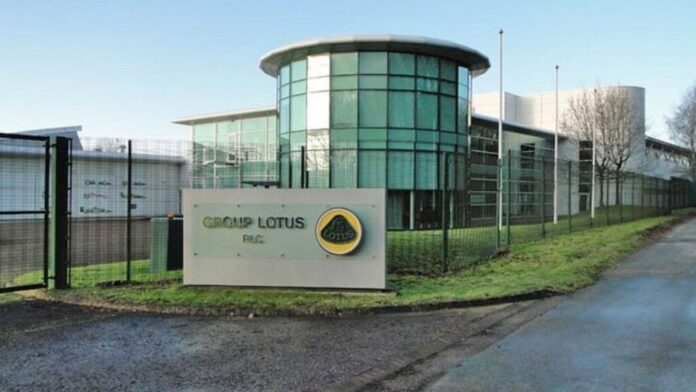Chinese-owned Lotus axes UK production as U.S. Tariffs hit and electric dreams collapse
After nearly six decades of building sleek, roaring machines in rural Norfolk, legendary British sports car maker Lotus is preparing to shut its Hethel factory and shift production to the United States, in a dramatic pivot that marks the end of an era.
The order to down tools at Hethel came directly from Lotus headquarters in China, a source confirmed to Autocar, as the Geely-owned brand scrambles to offset mounting losses and crippling tariffs imposed by the U.S. government on Chinese-built electric vehicles.
The pause in Emira production, effective since mid-May, appears to be more than just temporary. Lotus has refused official comment but confirmed the factory is no longer building cars. The Emira—its last petrol-powered sports car—is now effectively orphaned.
“Localisation is a feasible plan,” Lotus CEO Feng Qingfeng declared during a June earnings call. He hinted strongly that future vehicles may be assembled in Volvo’s underused plant in South Carolina. Like Lotus, Volvo is also under Geely’s sprawling auto empire.
The real driver behind the exodus is economic. Lotus reported a $183 million loss in Q1, and its debt has ballooned to $3.3 billion. Sales are tanking. The brand’s EV duo—the Eletre SUV and Emeya saloon—plunged 31% in deliveries. U.S. tariffs wiped out their prospects stateside, forcing Lotus to rethink everything.
Lotus had hoped to keep Hethel alive with a next-gen electric sports car, but that plan is now postponed indefinitely. CEO of Lotus Europe Matt Windle, once a champion of UK production, now admits: “Is the market ready for an electric sports car? I don’t really know.”
The Hethel site, steeped in history since Lotus founder Colin Chapman acquired the ex-RAF base in 1966, was revamped in 2022 with a £100 million investment. It assembled just 5,000 Emiras last year, with the capacity to double that figure. But it’s now running idle, its fate uncertain.
Embed from Getty ImagesGeely’s appetite for UK investment is clearly waning. A Clerkenwell HQ opened with great fanfare only months ago is now set to close. Lotus’s flagship Park Lane showroom has already been handed to dealer group HR Owen as part of cost-cutting.
Before its U.S. dream hit a tariff wall, Lotus had boasted of building 150,000 cars a year by 2028, many from a new mega-factory in Wuhan, China. But its key model—Type 134, a midsize SUV rival to the Porsche Macan—has now been put on ice amid the global EV downturn.
Even plug-in hybrids, once shunned, are back on the menu. The Eletre will get a PHEV version in 2026, and a V8 variant of the Emira is also under consideration, a far cry from the brand’s full-EV ambitions.
The British government, which recently unveiled a strategy to boost UK vehicle production to 1.3 million by 2035, will be reeling from the news. Though Lotus makes a fraction of the output of firms like JLR, its heritage and Norfolk presence were once seen as pillars of British automotive pride.
With this move, Geely has essentially declared that Britain’s post-Brexit, post-combustion future holds little promise. The less climate-regulated U.S. now appears to be the last bastion for Lotus combustion models—and for Geely’s shrinking faith in UK manufacturing.
Hethel’s demise is more than a business story—it’s a cultural and industrial obituary. Unless a late miracle intervenes, Lotus will soon leave Norfolk in the rearview mirror.
